
Question and Answers Forum
Question Number 69939 by mr W last updated on 29/Sep/19

Commented by Rasheed.Sindhi last updated on 29/Sep/19

Commented by mr W last updated on 29/Sep/19

Commented by Rasheed.Sindhi last updated on 29/Sep/19

Commented by mr W last updated on 29/Sep/19

Commented by Rasheed.Sindhi last updated on 29/Sep/19

Commented by mind is power last updated on 29/Sep/19

Commented by Prithwish sen last updated on 30/Sep/19

Commented by mr W last updated on 29/Sep/19
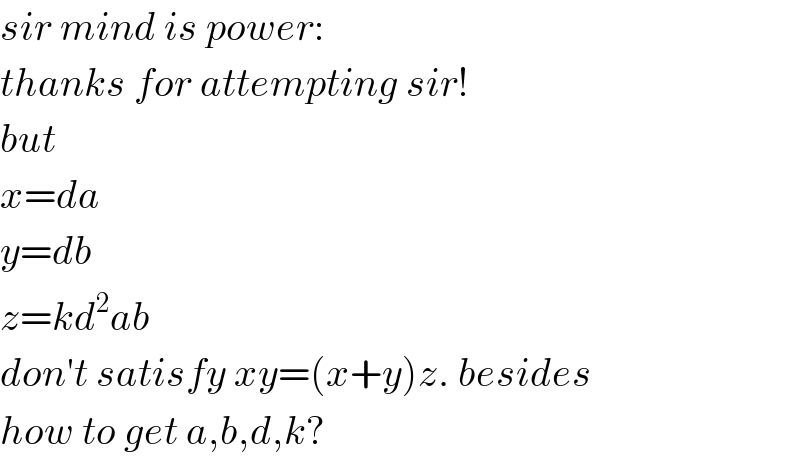
Commented by mind is power last updated on 29/Sep/19

Commented by mr W last updated on 29/Sep/19

Commented by mr W last updated on 29/Sep/19

Commented by mind is power last updated on 29/Sep/19

Answered by Rasheed.Sindhi last updated on 02/Oct/19
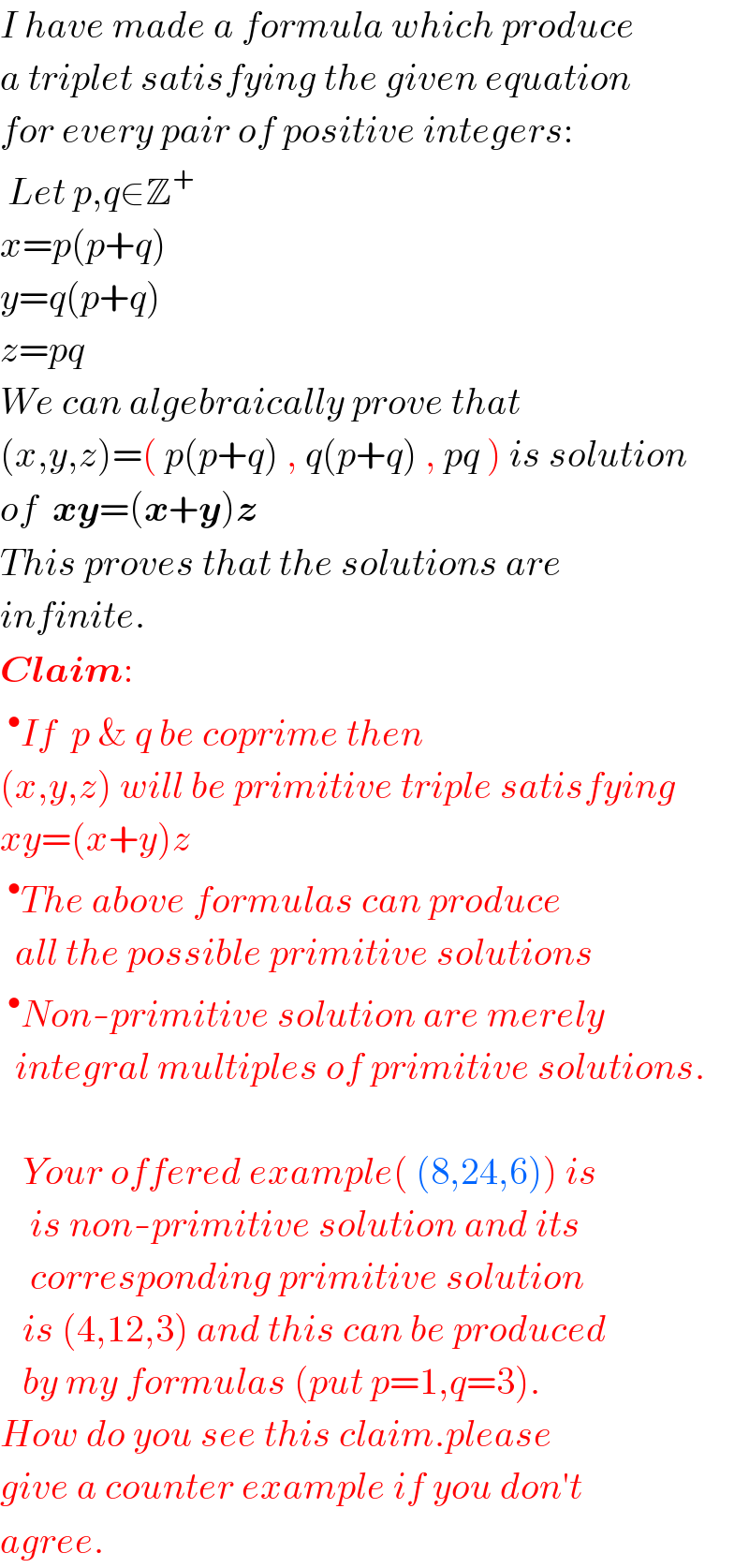
Commented by Prithwish sen last updated on 30/Sep/19
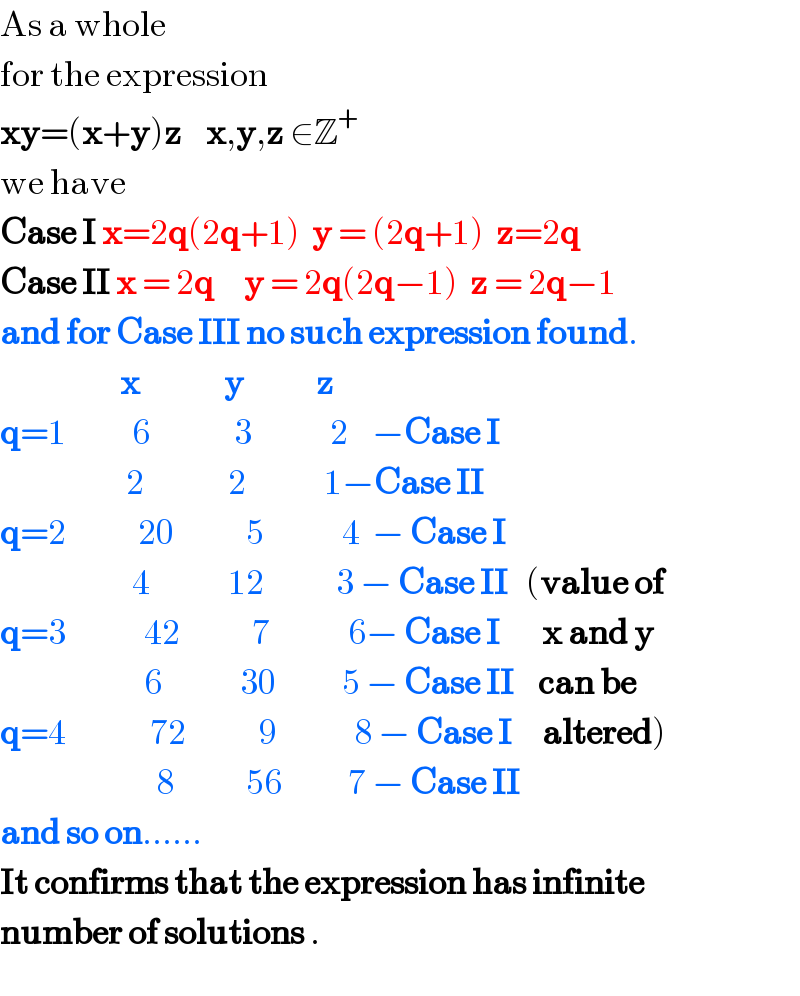
Commented by Rasheed.Sindhi last updated on 03/Oct/19

Commented by mr W last updated on 29/Sep/19

Commented by Rasheed.Sindhi last updated on 30/Sep/19

Commented by Prithwish sen last updated on 30/Sep/19

Commented by Prithwish sen last updated on 30/Sep/19

Commented by mr W last updated on 30/Sep/19

Commented by Rasheed.Sindhi last updated on 30/Sep/19
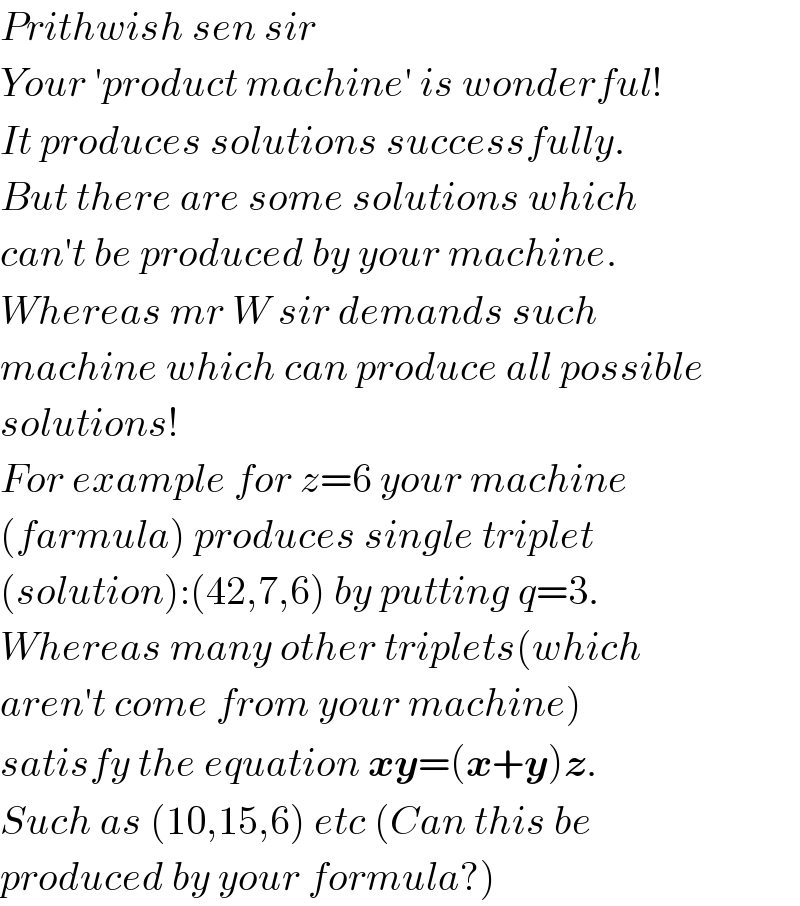
Commented by Prithwish sen last updated on 30/Sep/19

Commented by mr W last updated on 30/Sep/19

Commented by Prithwish sen last updated on 01/Oct/19

Commented by Rasheed.Sindhi last updated on 01/Oct/19

Commented by Rasheed.Sindhi last updated on 03/Oct/19

Commented by mr W last updated on 03/Oct/19

Commented by Rasheed.Sindhi last updated on 02/Oct/19

Commented by Rasheed.Sindhi last updated on 02/Oct/19

Commented by mr W last updated on 02/Oct/19

Commented by mr W last updated on 03/Oct/19
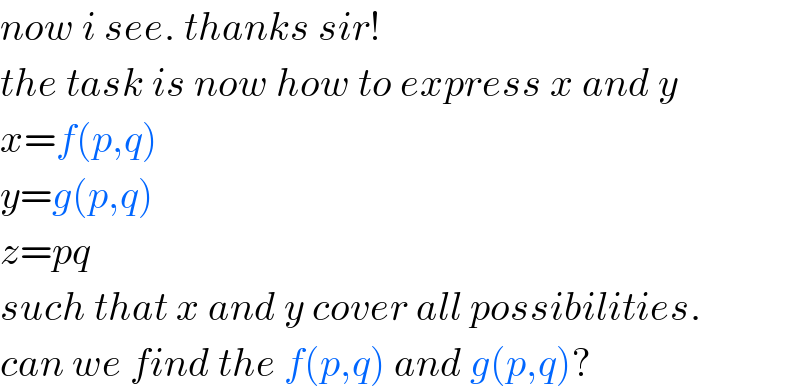
Commented by Rasheed.Sindhi last updated on 03/Oct/19
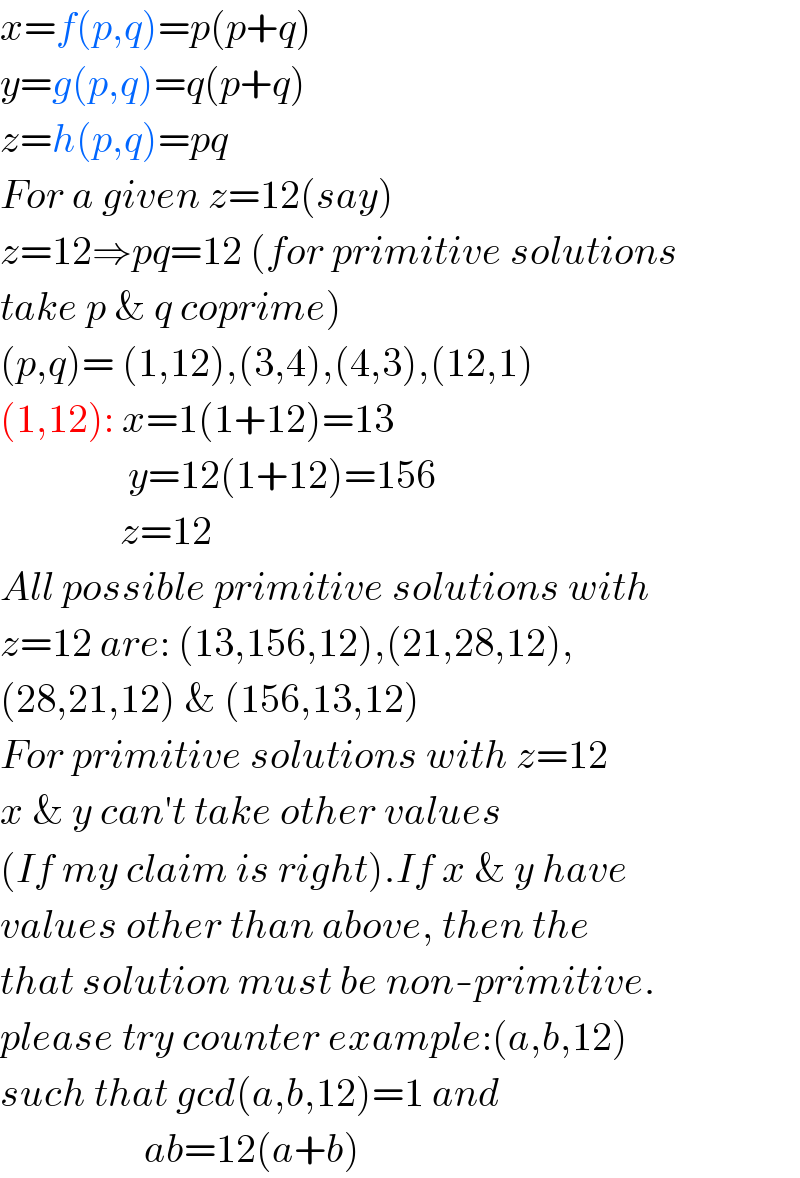
Commented by mr W last updated on 03/Oct/19
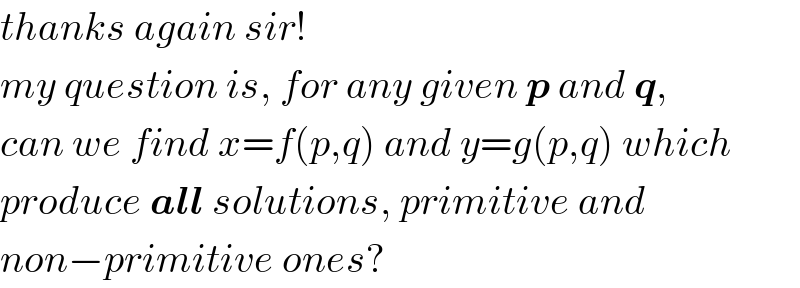
Commented by Rasheed.Sindhi last updated on 03/Oct/19
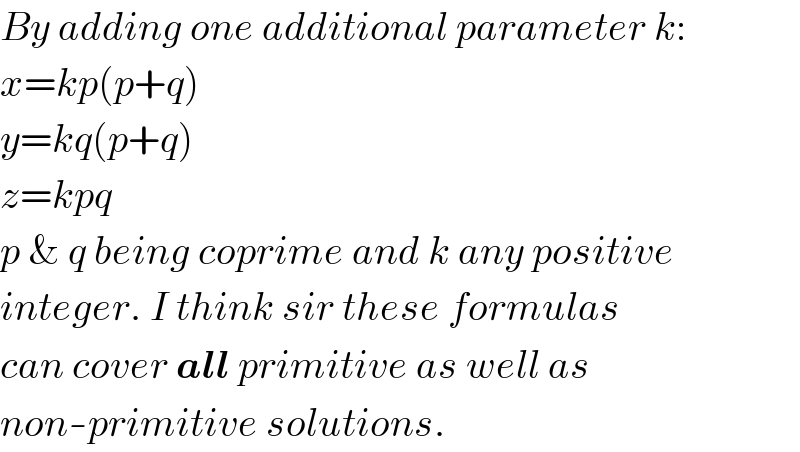
Commented by mr W last updated on 03/Oct/19

Answered by Rasheed.Sindhi last updated on 02/Oct/19
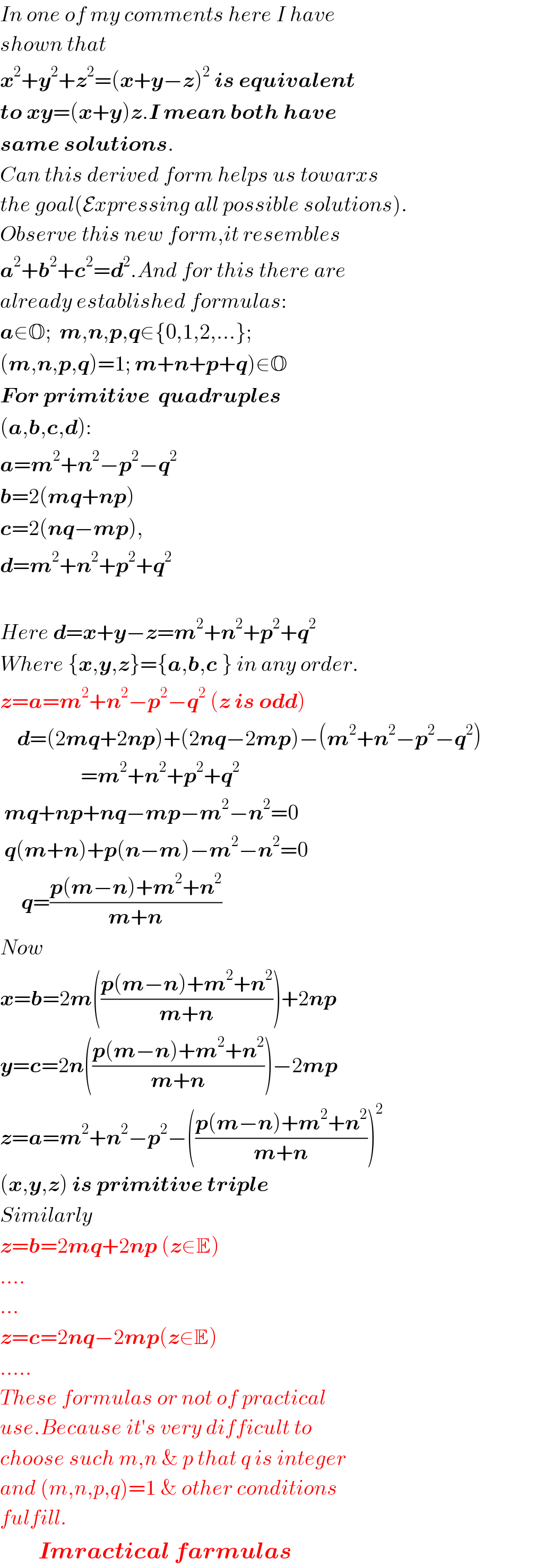
Commented by Rasheed.Sindhi last updated on 01/Oct/19

Commented by Prithwish sen last updated on 01/Oct/19

Commented by Prithwish sen last updated on 01/Oct/19

Commented by Rasheed.Sindhi last updated on 01/Oct/19

Commented by Rasheed.Sindhi last updated on 01/Oct/19

Commented by Prithwish sen last updated on 01/Oct/19

Commented by Rasheed.Sindhi last updated on 03/Oct/19

Commented by Prithwish sen last updated on 03/Oct/19

Commented by Prithwish sen last updated on 03/Oct/19

Commented by Prithwish sen last updated on 03/Oct/19

Commented by Prithwish sen last updated on 03/Oct/19

Commented by Prithwish sen last updated on 03/Oct/19

Commented by Rasheed.Sindhi last updated on 03/Oct/19

Commented by Prithwish sen last updated on 03/Oct/19

Commented by Rasheed.Sindhi last updated on 03/Oct/19
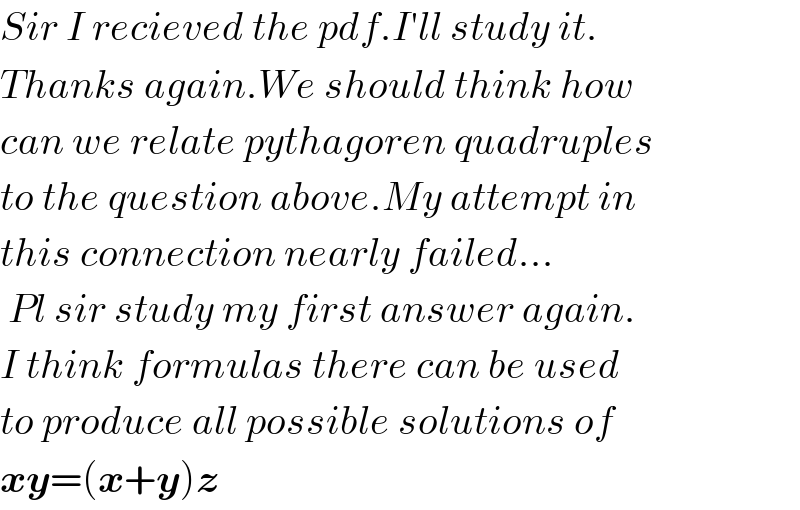
Commented by Prithwish sen last updated on 03/Oct/19

Commented by Rasheed.Sindhi last updated on 03/Oct/19

